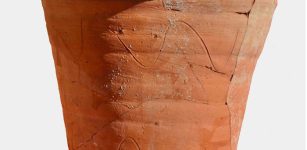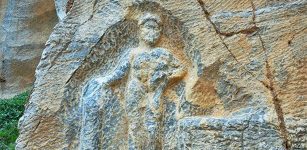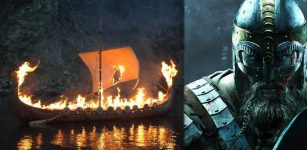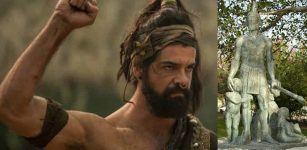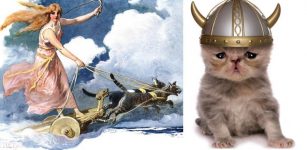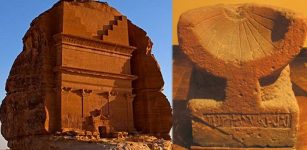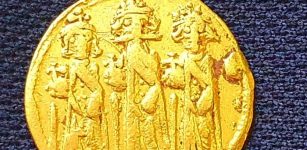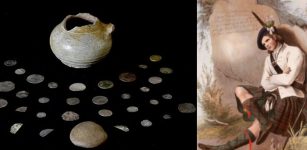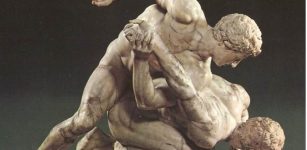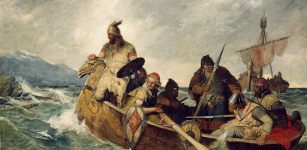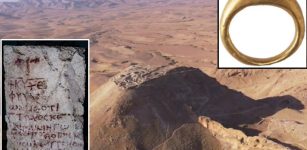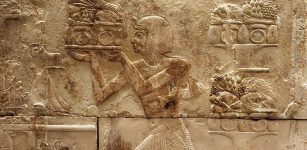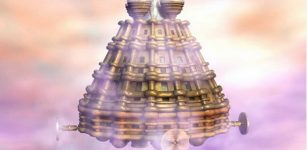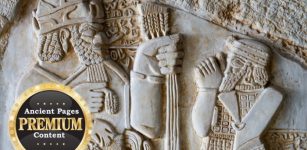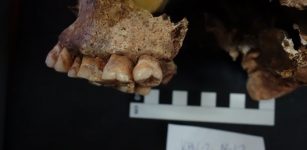Dian Cécht – Celtic Healer Who Cured Many But Killed His Own Son Of Professional Envy
A. Sutherland - AncientPages.com - Among many gods in the mythology of the Irish Celts, we find Dian Cécht, one of the Tuatha de Danann ("children of Dana"), sometimes considered to be a son of the Dagda, a father deity of the Celtic pantheon, known as the good god.
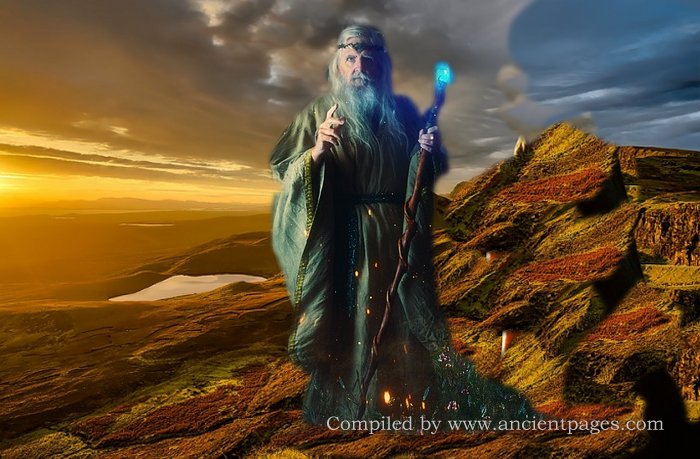
Tuatha de Danann were god-like beings with supernatural abilities who came to Ireland thousands of years ago. Similar capacities also possessed Dian Cecht, the god of healing and the divine physician of the Tuatha de Danann.
He was also one of the five chieftains that constituted the general staff of the Tuatha. The others included King Nuada, Dagda, the god who specialized in druidic magic, Ogma, responsible for the successful pursuit of warfare, and Goibniu, a skilled swordsmith Tuatha De Danann forged weapons for battles.
Many magicians and artisans accompanied the chieftains.
The name of Dian Cécht was composed of the Old Irish words: dían 'swift' and cécht, 'power,' which can mean: 'swift power.' Two of Dian Cécht's six children, son Miach and daughter Airmid, became healers. Miach was superior to his father in surgery, and his daughter Ayrmid was an excellent herbalist. Another son, Cian, became a proud father of the most important god, Lugh (Lugh Lamhfada), a warrior, a king, a master craftsman, and a savior.
Nuada's Silver Hand Fashioned By Dian Cécht
When Nuada, the king of the gods, had his hand cut off in the battle of Mag Tuired, Dian Cécht fashioned an artificial hand out of silver that moved and functioned perfectly and almost as well as a real hand.
However, according to the tradition of those times, the leader had to be physically perfect. Unfortunately, the great king Nuada, known as "Nuada Silverhand," could no longer be king because he lost his physical perfection in the battle.
Later, Dian Cecht's son, Miach, found a way to replace the silver arm of Nuada with a component of flesh and blood, and thus, Nuada's kingship was restored, and he could return to the throne.
Divine Physician Dian Cécht Cured Many Injured
Dian Cécht claimed to restore any mortally wounded man.
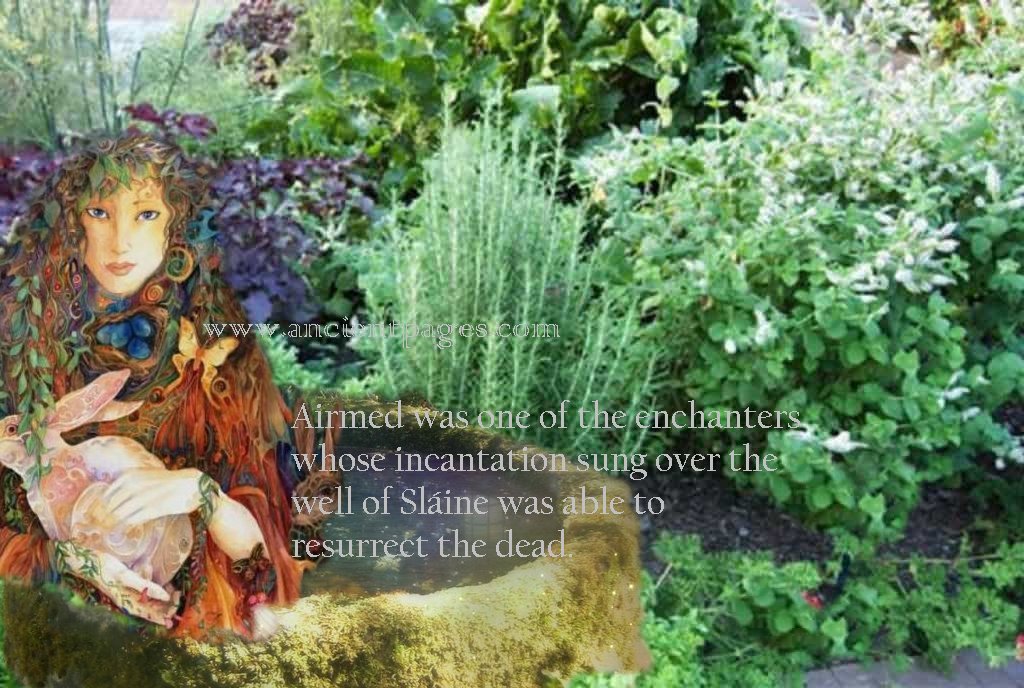
He threw the injured into a well and pulled them out alive. As a patron of medicinal water and the one who knew the secrets of medicine and healing, Dian Cécht found a healing water source. All the wounded members of the Dananns bathed in it and returned to good health after the Second Battle of Mag Tuired against the Fomorians.
The divine physician cured all the injured members of the Danu tribe unless their head was cut off, their brain was damaged, or they suffered a spinal injury.
Master Physician Dian Cécht Killed His Son
In the case of king Nuada, however, the physician failed to restore Nuada's wounded arm. His son Miach, however, was able to give Nuada a functional human hand. Instead of being proud of Miach and his admirable skills and accomplishments, Dian Cécht became angry and jealous. He could not accept other people's skills and successes, even his son's.
He killed Miach because he surpassed him in the art of healing. The divine doctor could not accept that someone else was better than him. He opposed his daughter, too, when Miach's sister Airmid mourned over her brother's grave.
As her tears fell, all three hundred and sixty-five medicinal herbs for all ailments grew from the grave. Airmed arranged and cataloged the herbs, but Dian Cécht again showed his anger and jealousy. He mixed and scattered the herbs to prevent them from being used. Legend says that for this reason, no human now knows the healing properties of all the Earth's herbs.
Some secrets of the herbs of this planet remain secret.
Gods Had Many Human Characteristics
In Greek mythology, gods and goddess often reveal their weaknesses and strengths and have many human characteristics. Like humans, they compete against each other; some want vengeance, and others seek love. Their divine nature doesn't stop them from being angry, jealous, passionate, or full of hatred.
The same can be said about the Celtic gods and goddesses who are full of life, show their emotions, love passionately, fight for their beliefs, and even die in pursuing their goals. Although Celtic deities were believed to be superior and possess abilities that humans did not have, certain situations clearly illustrate that their behavior reflects personality traits very similar to those of ordinary mortal men.
Written by – A. Sutherland - AncientPages.com Senior Staff Writer
Updated on January 8, 2024
Copyright © AncientPages.com All rights reserved. This material may not be published, broadcast, rewritten or redistributed in whole or part without the express written permission of AncientPages.com
Expand for references

